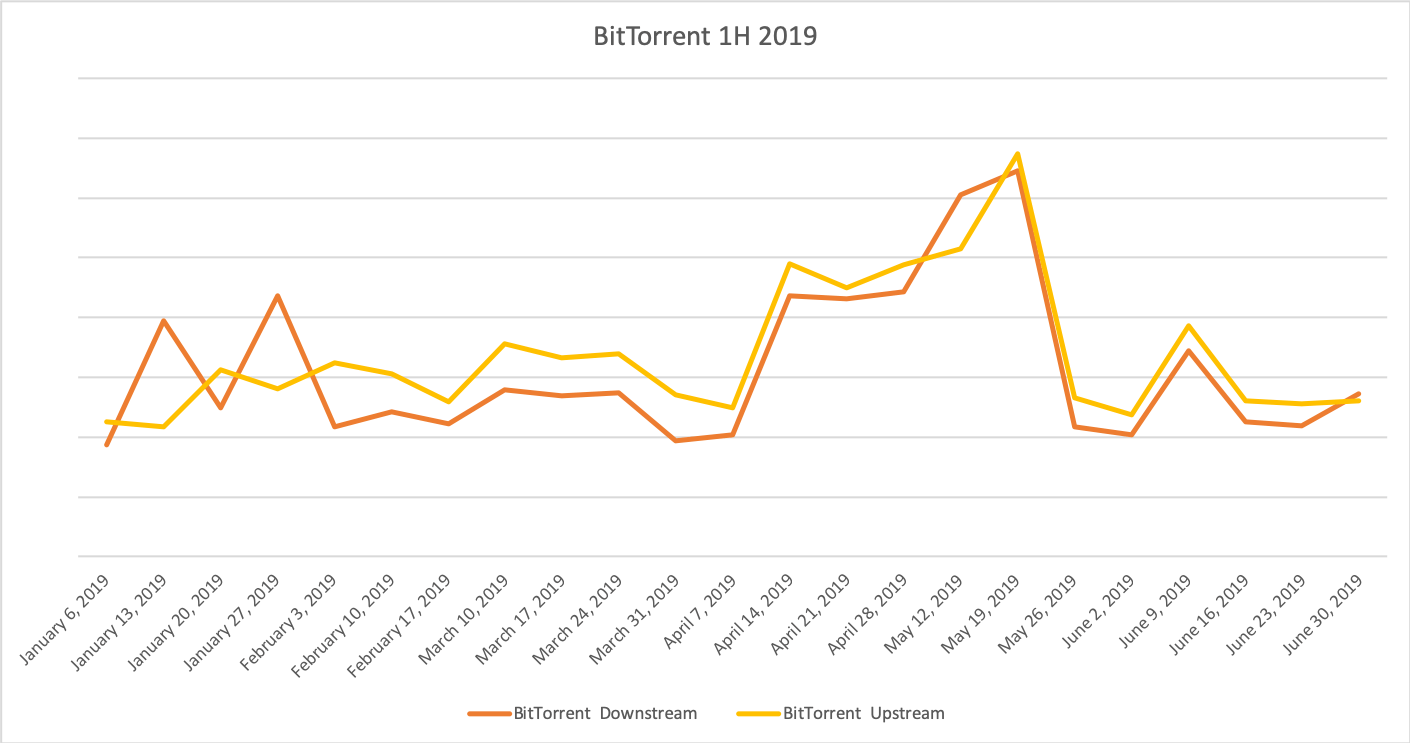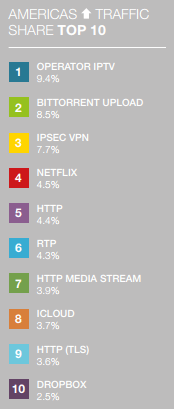ACE Also Wants Millions in Piracy Damages from SET TV Operator and Manager
vendredi 11 octobre 2019 à 10:39
Last year the Alliance for Creativity and Entertainment (ACE), the anti-piracy alliance featuring several Hollywood studios, Amazon, Netflix, and other entertainment outfits, sued Florida-based SET Broadcast, LLC.
At the time, the company offered a popular software-based IPTV service and also sold pre-loaded set-top boxes. These were portrayed as legitimate, but ACE and its members disagreed.
“Defendants market and sell subscriptions to ‘Setvnow,’ a software application that Defendants urge their customers to use as a tool for the mass infringement of Plaintiffs’ copyrighted motion pictures and television shows,” their complaint read.
Soon after the lawsuit was filed the IPTV service went offline, leaving its 180,000 subscribers behind. But that didn’t mean the case against SET TV, its owner Jason Labossiere, and its employee Nelson Johnson was over. ACE pressed on, hoping to get a judgment in its favor.
Without any of the defendants putting up a defense, ACE booked its first victory a few months ago. The media companies submitted a motion for a default judgment against the company SET Broadcast, LLC, which the court granted.
In a ruling handed down last July, the court ordered SET TV to pay $7,650,000. This reflects the maximum statutory damages of $150,000 for each of the 51 works that were infringed by the defunct IPTV provider.
While ACE was pleased with the outcome, it wasn’t done yet. The default judgment only applied to the corporate entity, not the owner and its employee. With a new request, the anti-piracy alliance hopes to hold Labossiere and Johnson liable as well.
While the other two defendants initially responded to the court, they didn’t answer any recent requests. As such, ACE is now requesting a similar default judgment against Labossiere and Johnson, holding them jointly and severally for the payment of the $7,650,000 in damages
“Defendants Labossiere and Johnson are the individual Defendants who operated, managed, and ultimately profited from the willful, unlawful business of Set Broadcast. Settled law permits entry of default against willful infringers likeLabossiere and Johnson who refuse to participate in their own defense,” ACE writes.
“Plaintiffs therefore respectfully request that the Court enter default judgment against Labossiere and Johnson and hold them jointly and severally liable for the harm they inflicted upon Plaintiffs,” the Alliance adds.
In addition to the damages, ACE also requests a permanent injunction to prevent any future copyright infringement. Among other things, the defendants should be prohibited from operating the SetTV now service, as well as any website, system, software, or service that is substantially similar.
Without a response from the defendants, it’s likely that the court will grant the order.
Source: TF, for the latest info on copyright, file-sharing, torrent sites and more. We also have VPN reviews, discounts, offers and coupons.







